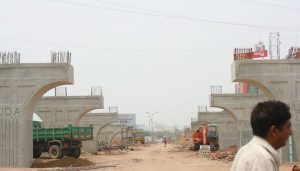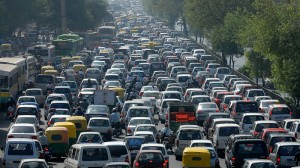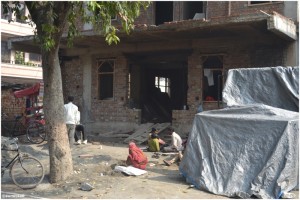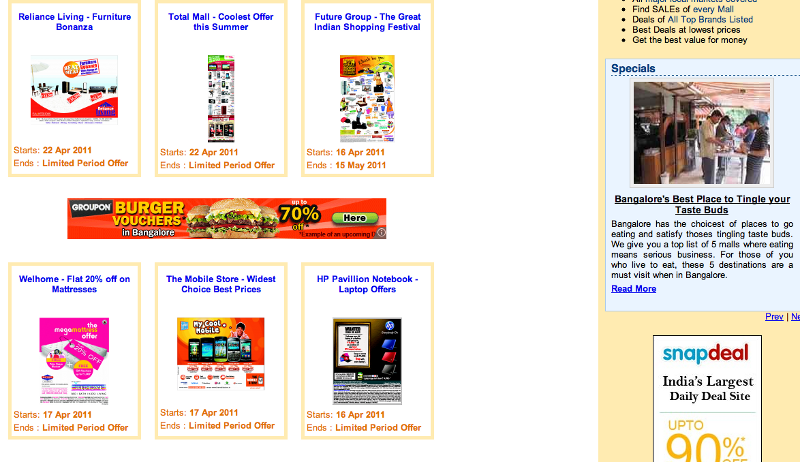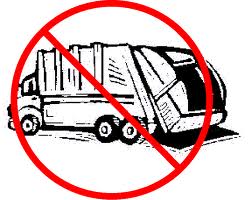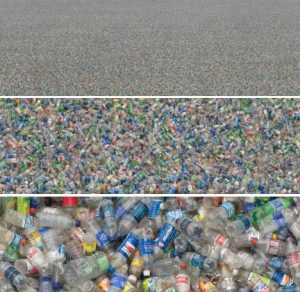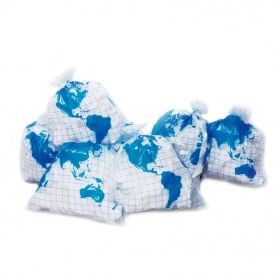Sometime back, I had written an article on “Why India’s rural development is important for the nation?”. Now, through this article, I want to stress why our urban development is as important too. We have come a long way since independence in terms of urban economy growth. Urban economy now contributes upto 70% to the nation’s GDP, while this figure was 30% in 1960. In the last 50 years, all over the world cities has risen to become hubs of economic activity and certainly future growth is going to come from our cities.
But unfortunately, the growth and expansion of Indian cities has been unplanned and haphazard. Our cities today face challenges in meeting the demands of infrastructure and resources. The demand for clean water exceeds the supply by about 30%. Waste management systems are almost non-existent, and if they are there, heavily over-stressed with over 40% waste going uncollected. Eco-friendly waste disposal methods are only a dream and even government agencies and engineers are totally unaware about their technicalities. Around 22% of urban population lives in slums and around 25% is below the poverty line. Traffic congestion and pollution has increased like never before.
Clearly, we need to change not only the way our cities are managed, but also how they are planned. Planning for future cities and management of current cities only will result in livable cities which will have decent quality of life and equal opportunities to all citizens. Firstly, we should provide fast and low cost infrastructure for residents like housing, hospitals, schooling, transport and commercial centres. There should also be a provision of how to grow this infrastructure as cities grow in the future.
We must encourage high rise and high density cities to accommodate the continuous migration from villages to cities. While we have seen growth in apartments in cities like Noida, Gurgaon and Bangalore, most of them are for the upper middle class. There is an urgent need for builders to build affordable low cost housing solutions. The government can help the builders by providing tax rebates as incentives.
If we improve our roads and transport standards, our cities can grow horizontally as traveling time will reduce. Transport is like the backbone of a city. Poor transport limits mobility of its people which in turn hamper economic growth. Road capacity must be enhanced but it is not enough in itself. Road transport has to be supplemented by development of mass transit systems like metro rail, mono rail and bus services. Road widening and introducing separate lanes for buses is an important step which is required today in almost every city of India. Other transit systems like metro rail should be integrated with bus services like Hong Kong and Tokyo, as this will reduce travel times and improve efficiency for business and economy.
Undoubtedly, there is a lot to do to improve urban infrastructure, and huge amounts of money will be required to do this. It is impossible for the government to all of this by itself. It is therefore imperative private sector be involved heavily in infrastructure development activities with the government playing the role of a regulator. In Thailand and Malaysia, even sanitation systems are managed by private operators. Why can’t the same model work here? A lot of policy changes will also be required to change how local governments and municipal bodies work. The Mayor of a city is elected by councillors, and is powerless. The mayor should be elected directly by the people and should be given powers to manage and run cities efficiently.
To make sure all these systems work in a transparent and efficient manner, we must introduce ratings of municipalities of different cities, and some sort of comparative performance measurement system for officers. All this information should be in the public domain and open to scrutiny by the media and public. E-governance needs to be introduced and systems such as MIS (Management Information Systems) can be used to collate all information and improve efficiency of all services. How we manage our cities today will decide how our country will shape up tomorrow. We need to turn our cities into truly sustainable engines of growth for the whole country.

